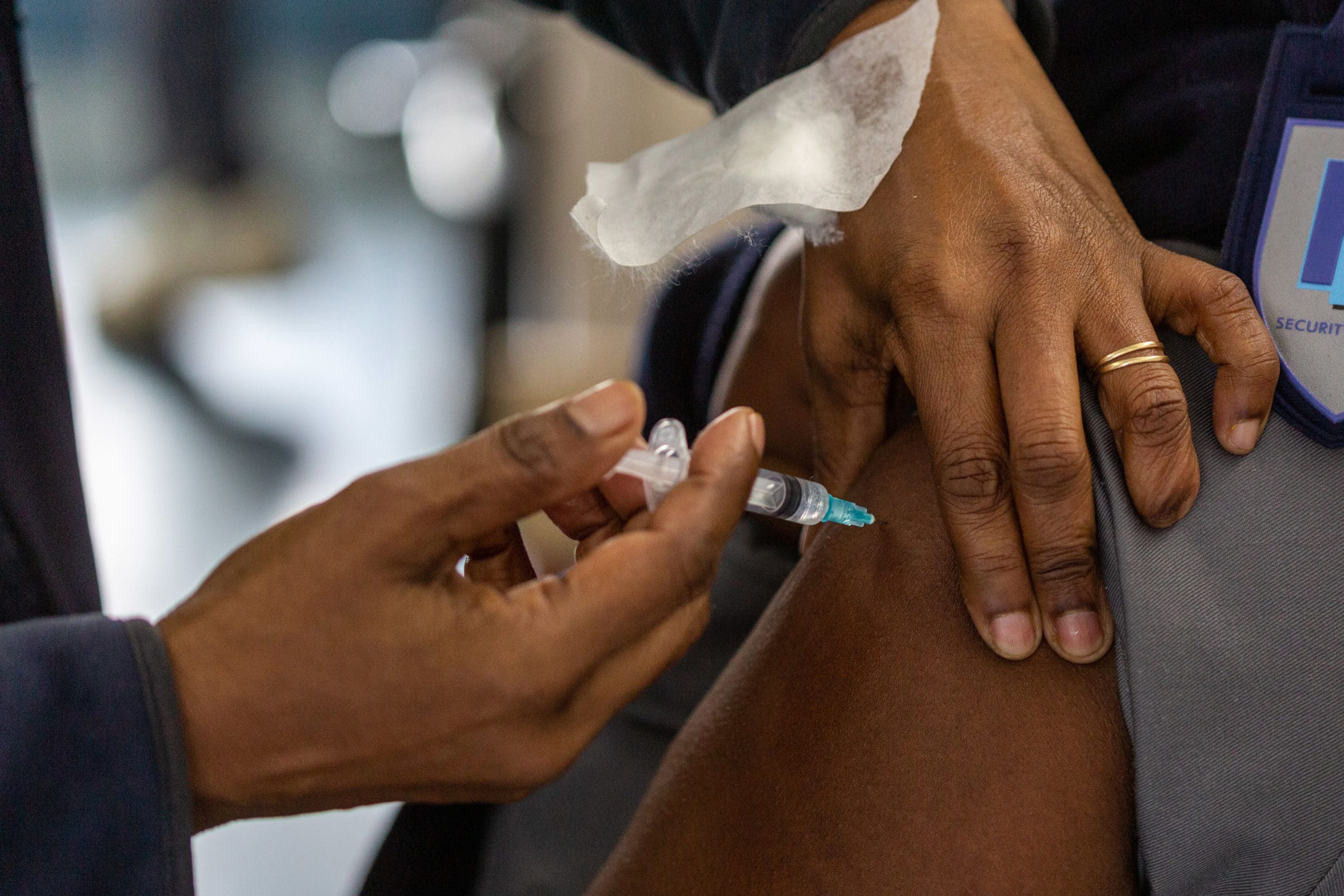TOPLINE
Johnson & Johnson temporarily halted production of its Covid-19 vaccine late last year, the New York Times reported Tuesday, citing unnamed sources, despite the fact that developing countries have already been left waiting for tens of millions of vaccines ordered from the pharmaceutical giant.
KEY FACTS
Johnson & Johnson’s plant in Leiden, the Netherlands, is expected to resume producing Covid vaccines after a pause of a few months, during which it has shifted to producing a possibly more profitable vaccine for a different virus, the New York Times reported, citing unnamed sources.
It remains unclear whether vaccine stockpiles will be sufficient to insulate global healthcare systems from the production pause.
KEY BACKGROUND
Johnson & Johnson is one of the largest Covid vaccine suppliers to the African Union and to COVAX, a program aimed at improving global access to vaccines. For some low- and middle-income countries, Johnson & Johnson’s vaccine is the only option, said Johnson & Johnson executive Dr. Penny Heaton. The company suffered delays in sending tens of millions of doses to South Africa in mid-2021, contributing to devastating outbreaks as the delta variant surged. Africa has some of the lowest vaccination rates in the world, with Eritrea, Burundi, the Democratic Republic of Congo and Chad all reporting less than 1% vaccination. Africa’s lagging vaccination rates are caused both by low supply and by the inadequacy of local medical infrastructure, World Health Organization vaccines director Kate O’Brien told NPR.
BIG NUMBER
17 million. That’s how many doses of Johnson & Johnson vaccine the Biden Administration donated to the African Union in October.
Loading...
CRUCIAL QUOTE
“This is not the time to be switching production lines of anything, when the lives of people across the developing world hang in the balance,” African Union vaccine-delivery program co-head Dr. Ayoade Alakija told the New York Times.
FURTHER READING
“J.&J. Pauses Production of Its Covid Vaccine Despite Persistent Need” (New York Times)
By Zachary Snowdon Smith, Forbes Staff
Loading...
